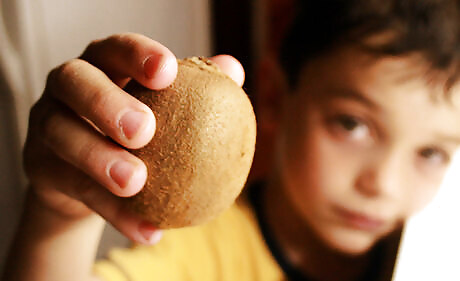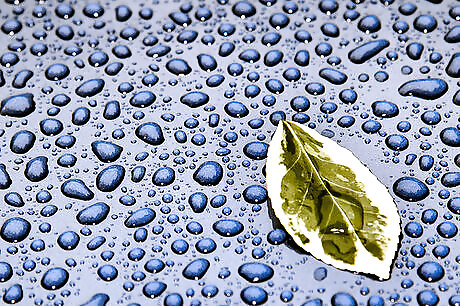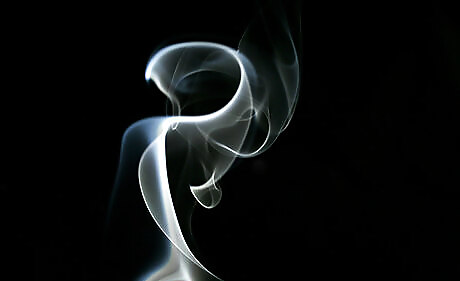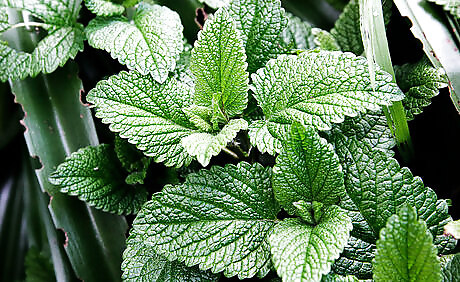
views
It can enhance how you experience your other senses (particularly taste, such as tasting complex flavors in wine and dark chocolate), and even with determining when fruit is ripe or milk is spoiled. If you'd like to pin down a smell in words, here are some tips that can help you.
Identify your reason for describing the smell. Why do you want to communicate it? Your description may be different depending on whether you are writing a technical manual or writing a poem. If you're describing the smell aloud, your tone of voice and body language may lend an additional level of meaning. Do you want to capture the nature of the smell or the overall quality? Do you want your reader or listener to recognize an unfamiliar smell based on your description? Do you want to evoke a certain meaning or feeling in your reader?

Observe the smell. If it is possible and safe to do so, smell what you wish to describe. Pay full attention to it. Remove distractions. Don't smoke or wear fragrances or drink strongly scented beverages. Take breaks. The sense of smell acclimates or becomes accustomed to a smell. Remove the smell or remove yourself from the smell for a while if you stop being able to smell it or smell it distinctly.
Notice any words, images, feelings, or memories that the smell brings to mind. If you have any sort of gut reaction, pay attention to it. Make notes if you can, even if they're disjointed.
Notice descriptions of smells when you see or hear them. This could be advertising ("lemony fresh", "fresh pine scent"), poems, or technical descriptions. Look especially hard at other sources that are similar to what you're trying to convey.
Use adjectives. Adjectives can describe the general, overall quality of the smell. Wispy, rancid, airy, musty, stale, fresh, putrid, faint, light, floral, and acrid are all adjectives that could pertain to smell. Smell origins may take the form of a noun (the smell of leather) or an adjective (a leathery smell). The adjective may describe the effect where the noun describes a specific source. Use imaginative adjectives. Saying that a vile smell was "like sucking puss out of a festered wound" does not actually describe the smell as such, but pulls on so many different thoughts and memories that the mind races to label it odious.

Use nouns. Often a smell will conjure thoughts of its source. Does your smell remind you of strawberries? Like fresh rain? Be specific. Smoke smells different depending on its source. Can you tell the difference between smoke from a campfire and a wildfire? Between cigarette, cigar or pipe smoke? Could you recognize burning rubber or a vehicle that was burning oil purely by the smell of it? Jasmine flowers 190605 kpjas 547.jpg Be creative. What does spring smell like?

Use verbs. Verbs are strong, direct, active words. Use verbs for the smells themselves. Smells can waft, distract, hint, permeate, suggest, confuse, conjure images, command attention, or intrude upon the consciousness. Use verbs to describe the source of the smell. Here are some actions that you might associate with smells: baking, frying, digging, sweating, burning, rotting. Visualize what the smell does. Does it creep into your nose? Wrap around you? Follow you? Bombard your nostrils?

Borrow words associated with other senses. Smell doesn't have a lot of vocabulary of its own, but many other senses do, and they can suggest the quality or nature of a smell. Sight. Can a smell be bright or dark? Can a smell be pink or green? Can it be clear or hazy? Can it be fast? Slow? Sluggish? Smooth? Sound. Can a smell be dissonant? Harmonious? Loud or quiet? Touch. Can a smell be sharp or dull? Even or jagged? Smooth or rough? Heavy or light? Cool or hot? How would you physically react to the smell? Would you relax or stiffen, pucker, or make a face?Mint leaves 1508.jpg Taste. Smell is closely associated with taste, so tastes are a good choice if they fit. Is a smell sweet or sour, salty or bitter? Is it chocolaty, fruity, or yeasty?
Consider what feelings and emotions a smell evokes, especially if you are using it as a literary device. Smell can conjure associations with particular events or general thoughts or emotions. Is the smell startling or jarring? Soothing or comforting? Earthy or natural? Chemical or antiseptic? Smell is often strongly associated with memories, but this is only useful if you're describing the smell to yourself (such as in a journal) since you can't know what somebody smelled in their memories.
Use metaphor. If you're writing poetry or trying to evoke an emotion, metaphor might be a good device. A smell can't really grab someone by the nose or stab someone, but this might be a powerful description.














Comments
0 comment